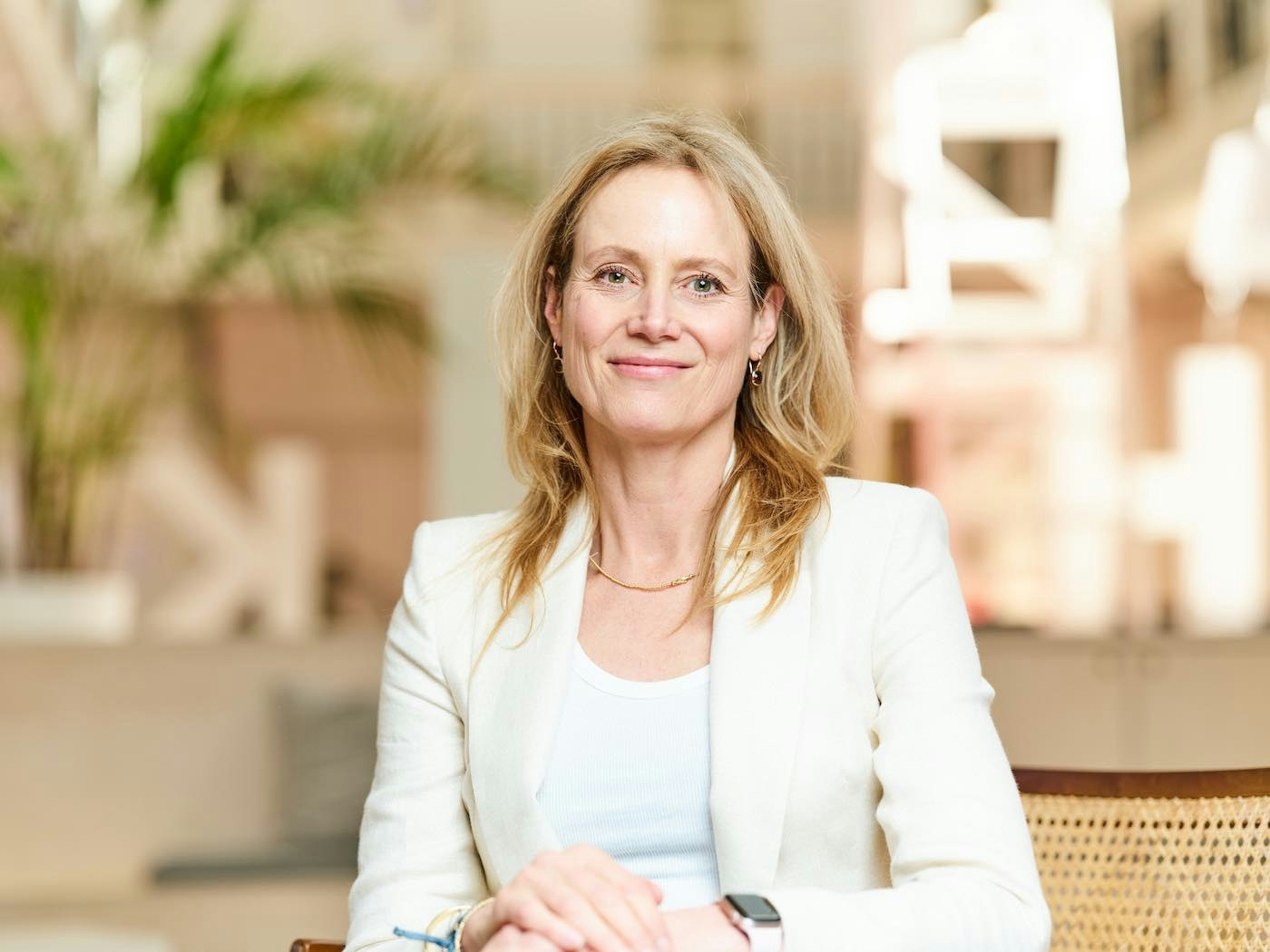The mission of Washington-based International Finance Corporation (IFC) — a sister organistion of the World Bank, which offers financing to private companies — is to boost entrepreneurship in emerging economies.
For William Sonneborn, who oversees all of the IFC’s venture investments, that means investing in startups and VCs in central and eastern Europe (CEE) just as much as in southeast Asia or sub-Saharan Africa — and even more so since the start of the war in Ukraine.
Nowadays, while international investors are “very cautious” about investing in CEE and there’s “not much interest” in spending money in Ukraine, he says it’s the IFC’s job to step in, both to support local companies and investors — and to show other investors why they should too.
“Commercial investors started pulling back because of the fear of reverberations or reciprocation as a result of Russia's invasion of Ukraine,” he tells Sifted. “It became clear to us that […] our capital coming into a country like Poland […] will be key to keeping stability in the entrepreneurship tech ecosystem.”
The IFC has invested in several CEE scaleups and VCs. In the coming years, it’s planning to back another two or three venture funds and make up to three direct investments a year in Series B+ startups from the region.
“The IFC has sent a signal that we believe these markets are open,” says Sonneborn.
The IFC’s mission
The IFC, which claims to be the “largest investor in emerging markets in the world”, deploys about $150m of venture capital a year.
Its main aim is to create jobs, by backing private companies and investors in those companies to help emerging markets to grow. “Entrepreneurship is the key to creating jobs, jobs are the key to creating hope,” says Sonneborn.
“If you look at CEE or southeastern Europe, it's been a continuous brain drain of talented engineering capabilities that have moved west. The acceleration of technology has now allowed entrepreneurs to start to thrive and stay close to their parents,” he adds.
The IFC is already an LP in regional funds like Bulgaria’s LAUNCHub, Serbia’s SCV and Poland’s Inovo and a direct investor in startups like Estonia’s Bolt and Romania’s fintechOS.
The institution is most interested in investing in fintech, healthtech, climate tech, agritech and deeptech companies that operate at “the intersection of profits with purpose”.
“It can't just be all about development. In practice, we need to attract and mobilise commercial investors to come in alongside us. So it means making money. And we found that development impact has a high correlation with making profits.”
While the IFC’s main focus is investing money straight into emerging markets, it also sometimes invests in western European or American companies — but only if they plan to move their operations to emerging markets, create jobs and drive positive change there. On this premise it’s invested in, for example, France’s Blablacar, to help expand its operations in countries like India, Brazil and Mexico, and in fintechOS, to drive financial digitisation in other emerging markets.
Its average ticket size for VC funds is $10m-15m, while for startups — at their Series B and after — is $5m-15m.
Ukraine focus
Investing in tech is also one of the best ways to help rebuild Ukraine, Sonneborn says.
“While the war is going on, it's really hard to rebuild roads and power plants. I could rebuild the power plant and it gets blown up again tomorrow. That's not a risk that I want to take,” he says.
“When you think about tech startups in Ukraine, given the talent of the population, and the fact that these businesses can move to Poland or Romania overnight, you can get comfortable investing in Ukraine and those types of businesses right now.”
He adds that if other investors see the IFC allocating its money to Ukraine, they’ll follow. It’s expected to announce investment in two Ukrainian startups in the coming months.
Betting on eastern Europe
Thing the IFC likes the most about CEE is its “super strong” engineering talent, says Sonneborn.
“We find that the talent is quite strong not just in software as a service, but in other applications of technology. When we think about these leapfrogging technologies, and we see the capabilities of early-stage fund managers to detect good founders, to partner with good research, to match with universities, it creates a unique opportunity for things like UiPath, out of Romania, to develop out of these markets. And so it's really exciting.”
He also likes that CEE companies are thinking of international expansion from day one. “Tech startups in the region realise that the population around them is not large enough to create a scaled business model, they have to start to think about global business models early on… they actually have to think about what product they can invent that will appeal to the world. I think that's a unique strength.”
On top of that, with funding harder to come by in the region, he thinks CEE companies know how to preserve their pennies. “We believe startups in CEE are much more capital efficient than startups in the western world or even in India, or Southeast Asia, which they are,” Sonneborn says.
“We [IFC] are owned by 186 countries. And if we're comfortable investing in Poland or Bulgaria or Romania, we're signaling to the world that they should be okay too. And that's part of our mission.”



